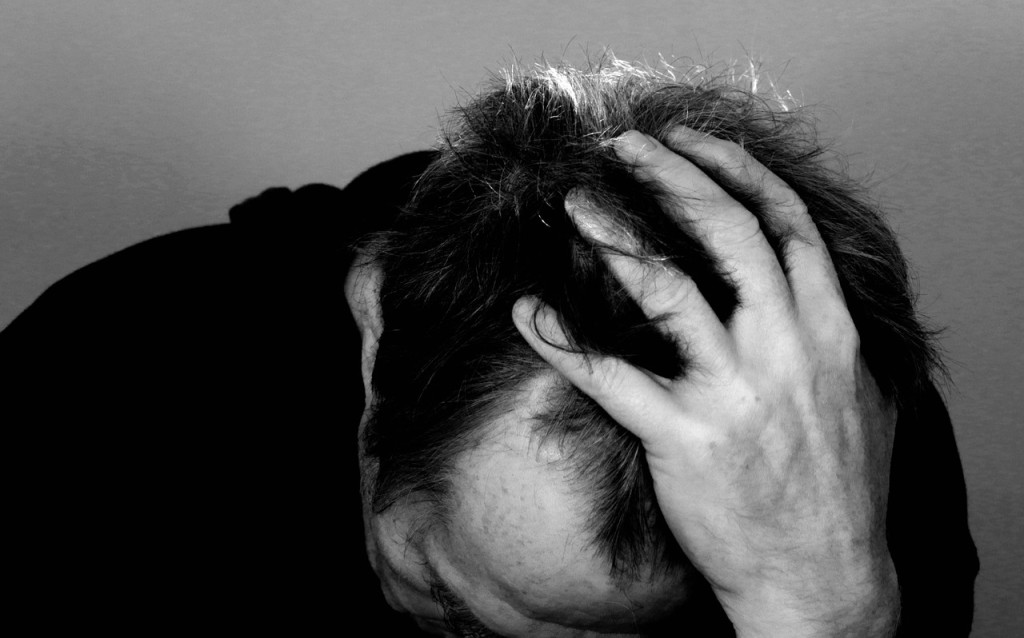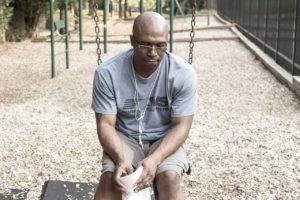
Substance use disorder (SUD) is a mental health condition that continues to be a significant problem in the United States [1]. SUD is characterized by several different symptoms, including the inability to stop using a substance, needing more of the drug to get the desired effect, craving substances, and using substances despite negative consequences. Often, SUD negatively impacts someone’s ability to participate in school, work, or social activities.
People who have chronic pain conditions and SUD are considered to have a co-occurring diagnosis. This means that there are at least two conditions that both need to be treated. People with chronic pain are more likely to be addicted or dependent on substances [2]. Research shows that as pain increases, so does substance use.
It is also important to note that people with these co-occurring conditions also rely on non-prescribed medication to control symptoms. While there are a variety of substances that tend to be abused, the most common are opioids, sedatives, and cannabis [2]. Using non-prescribed or illegal medication can result in medical, emotional, and legal complications.
For people with chronic pain and substance use disorder, it is important to get treatment for both. This can help prevent relapse, but also because substances can make chronic pain symptoms worse [2]. In fact, substance use can actually increase pain levels and lead to worsening disability [2].
For example, people suffering from alcohol addiction can have physical complications such as liver disease or pancreatitis [2]. This can create a cycle of using substances to manage pain and needing to later use more to relieve physical symptoms caused by substance use. Treating both can improve the quality of life as people gain relief.
 Also, depression and anxiety are common mental health conditions that are commonly seen in people with co-occurring chronic pain and substance abuse [1]. These conditions can also lead to using drugs or alcohol to manage these symptoms.
Also, depression and anxiety are common mental health conditions that are commonly seen in people with co-occurring chronic pain and substance abuse [1]. These conditions can also lead to using drugs or alcohol to manage these symptoms.
The overlap between mental health, substance use, and chronic pain can make it difficult for individuals to recover. However, there is hope. There are effective approaches in treating substance abuse and pain conditions [2].
Typically treatment involves mental health counseling, behavioral therapy, and psychiatric medication [2]. However, there are other forms of treatment, including yoga and mindfulness, which are known to help with both conditions [2]. These modalities can help someone throughout different phases of their recovery.
It is possible to improve the quality of life and have relief from substance abuse and chronic pain symptoms. Qualified mental health professionals, doctors, and other healing practitioners can support someone as they reclaim their life.
Resources:
[1] Trafton, J.A., Oliva, E.M., Horst, D.A., Minkel, J.D., Humphreys, K. (2004) Treatment needs associated with pain in substance use disorder patients: Implications for concurrent treatment. Drug and Alcohol Dependence,(73), 23-31.
[2] Lutz, D.J., Gipson, D.R., Robinson, D.N. (2019). Yoga as an adjunct for treatment of substance abuse. American Psychological Association,4, 13-27. http://dx.doi.org/10.1037/pri0000079
About the Author:
 Samantha Bothwell, LMFT, is a licensed Marriage and Family Therapist, writer, explorer, and lipstick aficionado. She became a therapist after doing her own healing work so she could become whole after spending many years living with her mind and body disconnected. She has focused her clinical work to support the healing process of survivors of sexual violence and eating disorders. She is passionate about guiding people in their return to their truest Self so they can live their most authentic, peaceful life.
Samantha Bothwell, LMFT, is a licensed Marriage and Family Therapist, writer, explorer, and lipstick aficionado. She became a therapist after doing her own healing work so she could become whole after spending many years living with her mind and body disconnected. She has focused her clinical work to support the healing process of survivors of sexual violence and eating disorders. She is passionate about guiding people in their return to their truest Self so they can live their most authentic, peaceful life.
The opinions and views of our guest contributors are shared to provide a broad perspective of addictions. These are not necessarily the views of Addiction Hope, but an effort to offer a discussion of various issues by different concerned individuals.
We at Addiction Hope understand that addictions result from multiple physical, emotional, environmental, and genetic factors. If you or a loved one are suffering from an addiction, please know that there is hope for you, and seek immediate professional help.
Published on August 20, 2020
Reviewed by Jacquelyn Ekern, MS, LPC on August 20, 2020
Published on AddictionHope.com
